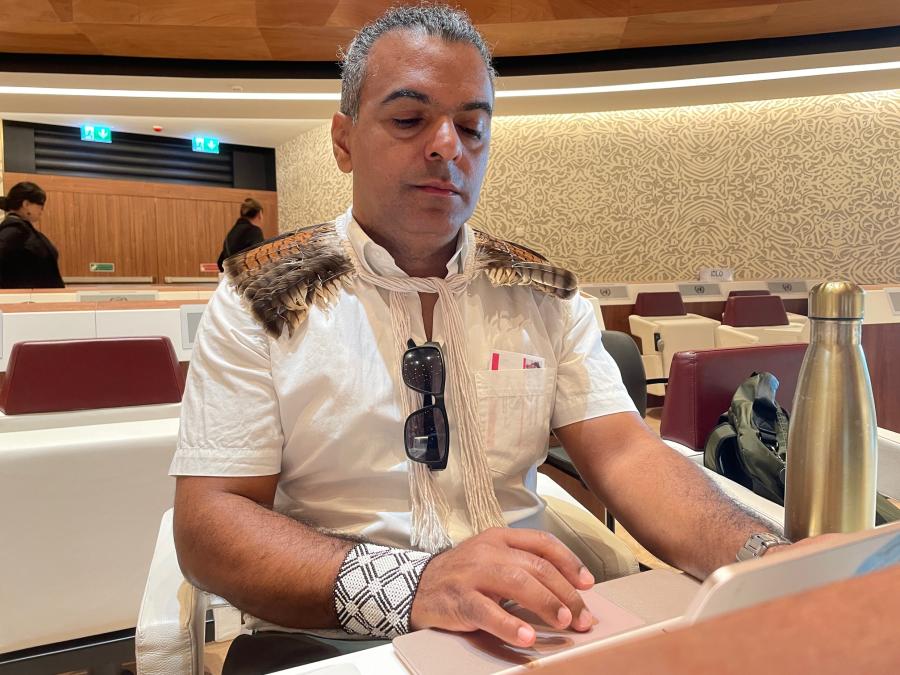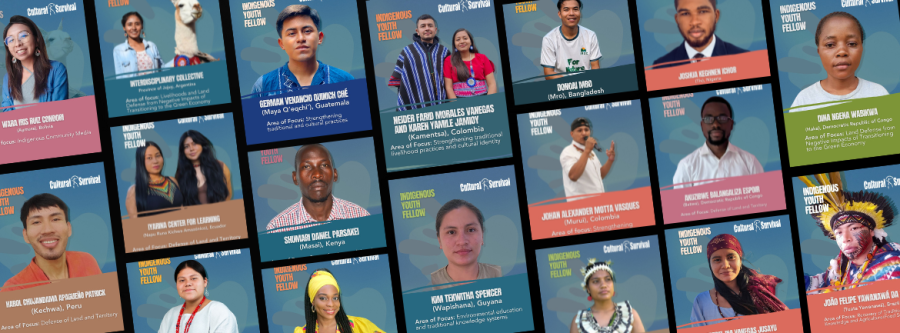
The International Day of the World's Indigenous Peoples is observed on August 9 each year to promote and protect the rights of Indigenous Peoples around the world. The date commemorates the first United Nations Working Group on Indigenous Populations meeting in Geneva in 1982. This year's theme is "Leaving No One Behind: Indigenous Peoples and the call for a social contract.”
As we celebrate World Indigenous Peoples’ Day 2021, Cultural Survival is taking a look back at some of the top 25 wins for Indigenous Peoples over the last 5 years. From historic land back cases to strong Indigenous women in power, there has been great progress to celebrate. Take a look back with us.
January 2016: The Swedish Supreme Court ruled that the Sami of the Girjas Sami district have exclusive fishing and hunting rights across the region. For the first time in Swedish legal history, the court made their decision using the concept of “prescription from time immemorial.” This set a new precedent for using historical evidence for the further protection of Sami ancestral lands.
May 2016: Canada officially endorsed the United Nations Declaration on the Rights of Indigenous Peoples. One of only four nations to initially vote against the declaration, Canada was the last UN nation to approve the landmark declaration. The guidelines prompt all nations to recognize Indigenous Peoples’ sovereignty, right to Free, Prior and Informed Consent processes, land and to practice their cultures.
July 2016: Linda Burney, former deputy leader of the New South Wales Labor party, became the first Indigenous woman elected to Australia’s lower house of federal parliament. A record number of Indigenous candidates ran in the 2016 federal election, with eight women and five men running for parliament.
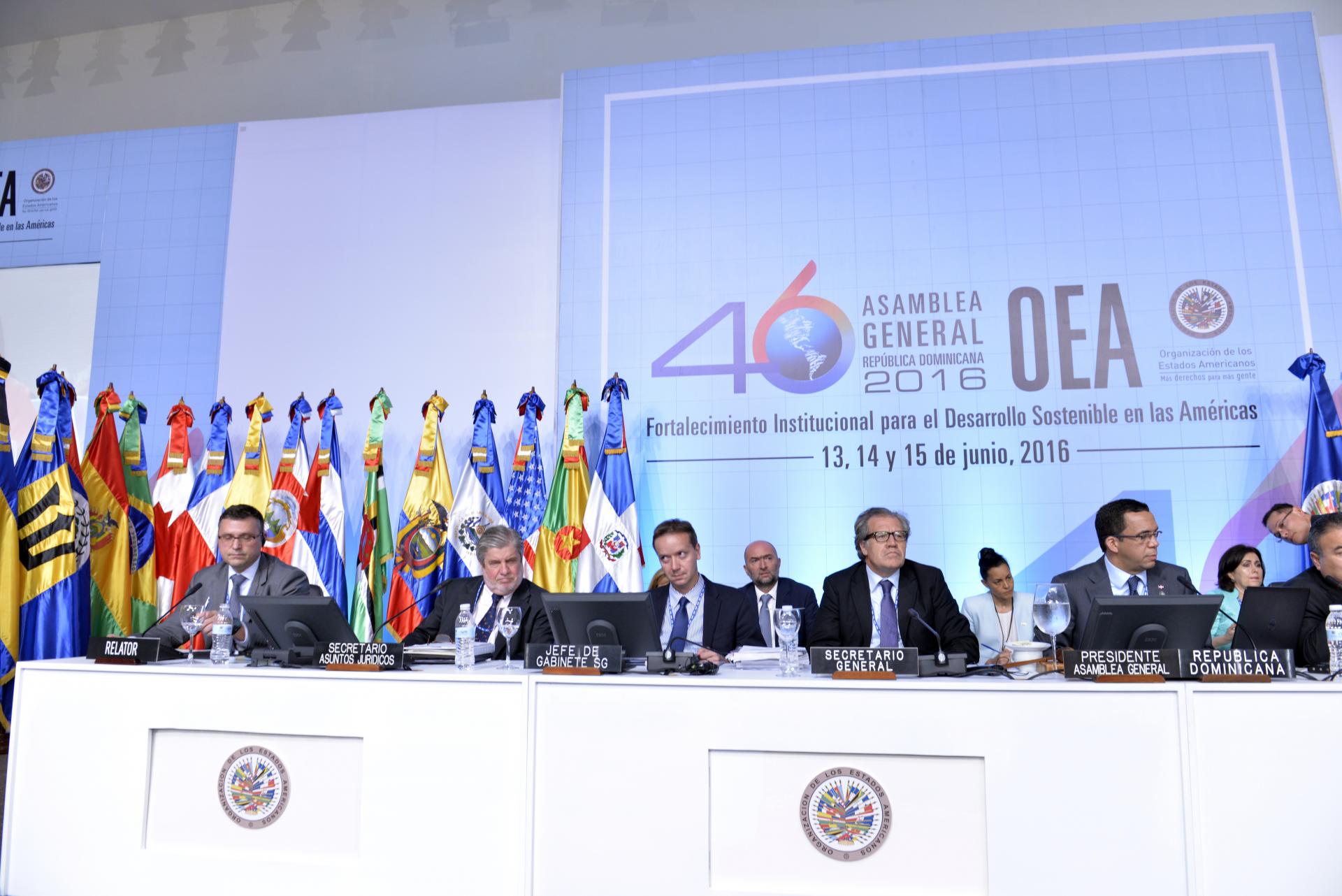
September 2016: The General Assembly of the Organization of American States adopted the American Declaration on the Rights of Indigenous Peoples, outlining the set of rights that Indigenous Peoples in the Americas hold. One of the most notable statements reaffirmed Indigenous Peoples’ right to self-determination in politics, economics, and culture.
March 2017: Over 3,000 hectares of forest in West Papua was put under the jurisdiction of the Knasaimos Indigenous villages of Manggroholo and Sira. The historic decision enabled Indigenous leaders to remove palm oil, logging, and pulpwood businesses that have been deforesting the area. This is the first time that Indonesia’s ‘Village Forest’ scheme has been implemented in Papua, where the majority of Indonesia’s forested areas remain.
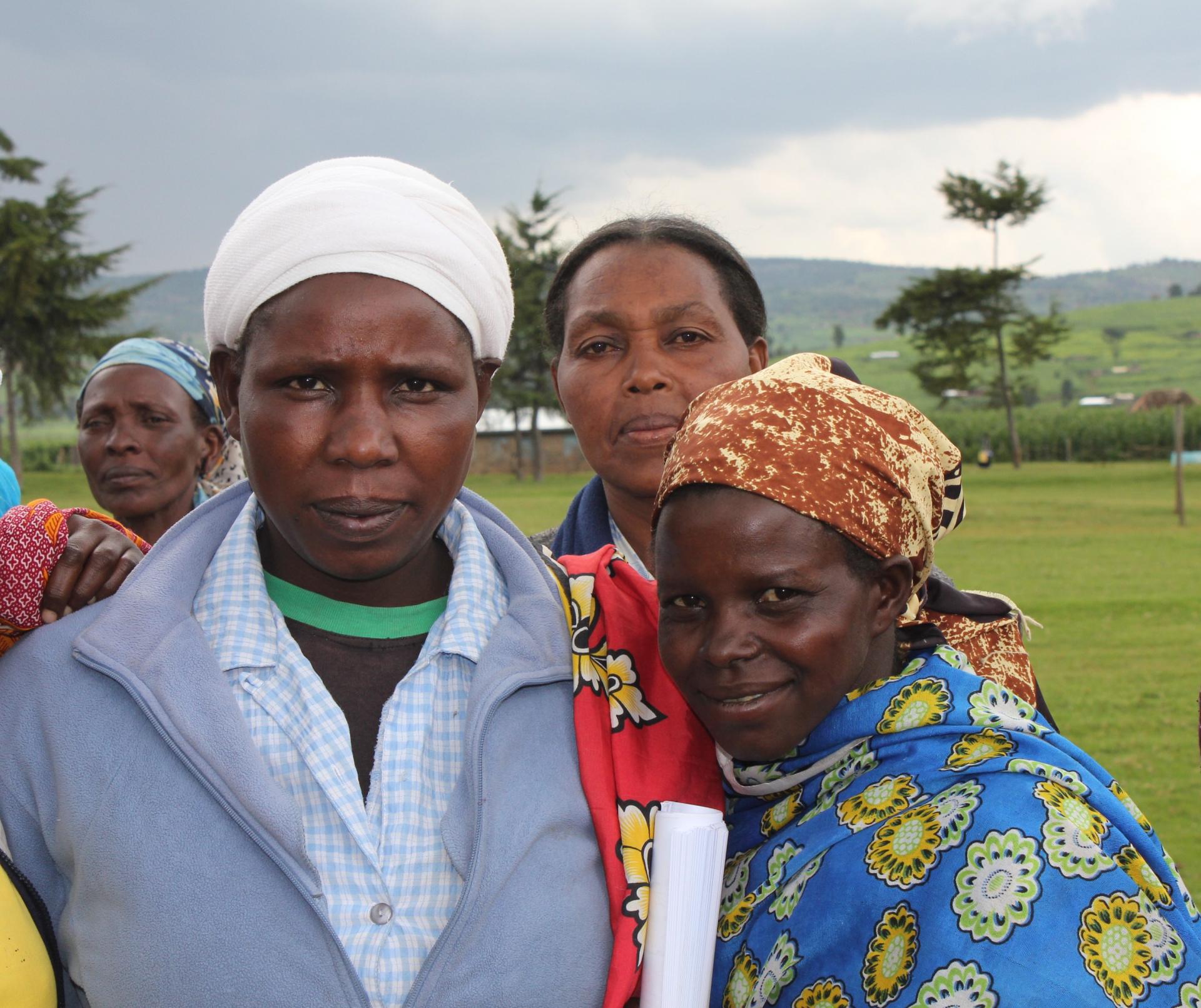
June 2017: The African Court made a landmark decision in favor of the land rights of the Ogiek Indigenous Peoples of Kenya. In a eight year long legal battle and a case which dates back to the colonial era, the Court found the Kenyan Government guilty of seven separate articles of the African Charter. In the first ever ruling by the court on an Indigenous land rights case, or a case brought to the African Commission by NGOs, the decision sent a message to African governments that violations against Indigenous Peoples will not be tolerated.
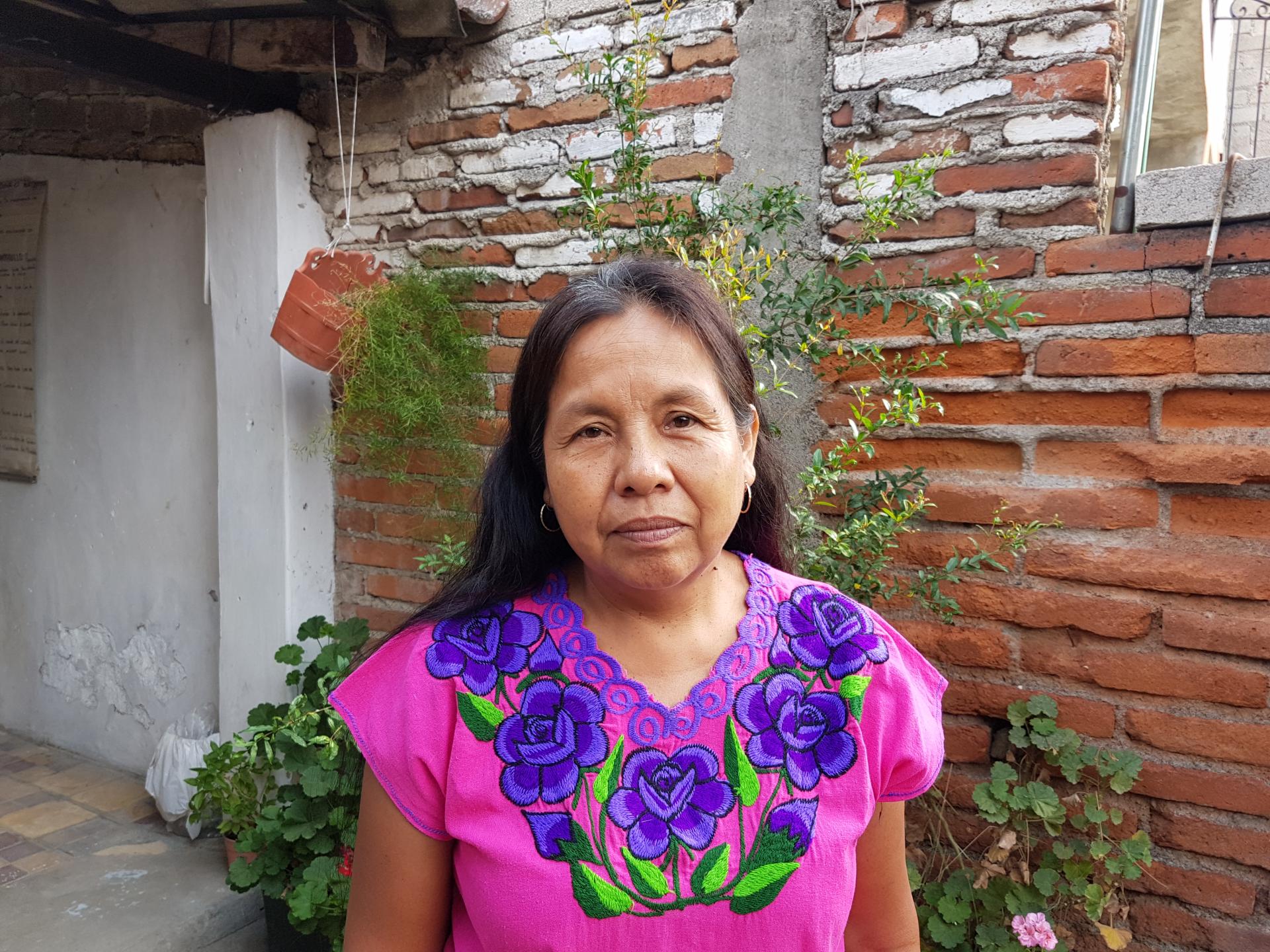
September 2017: MarÍa de Jesús Patricio Martínez (Nahua) made history as the first Indigenous woman to run for president in Mexico. She was chosen to be the spokesperson for the Indigenous Council of Government. Patricio cited her desire to change government-imposed strip mining and increase Indigenous communities’ health as her main motivation for becoming involved in politics.
November 2017: Rapu Nui, also known as Easter Island, was returned to the Rapu Nui Indigenous Peoples by the Chilean government. The islands were originally colonized by Chile in 1888 for sheep shearing, and have now been put under the jurisdiction of local organization, Ma’u Henua. They intend to enforce further protection of sacred sites and archaeology and begin reforesting the island.
December 2017: After thousands marched from the Amazon to Quito demanding “Dialogue with Results,” Ecuadorian Indigenous leaders secured a pledge from the federal government to end new mining projects in Indigenous territories. President Moreno further committed to reinstating an Indigenous bilingual education program.
April 2019: The Cambodian Government returned 20 spirit mountains and other sacred sites to 12 Indigenous communities in the northeast of the country. The land was originally granted by the government to the Vietnamese agribusiness giant Hoang Anh Gia Lai 10 years before. Now that the land has been returned, Indigenous communities will continue to fight for reparations to repair the environmental and human rights damages that were inflicted by the company.
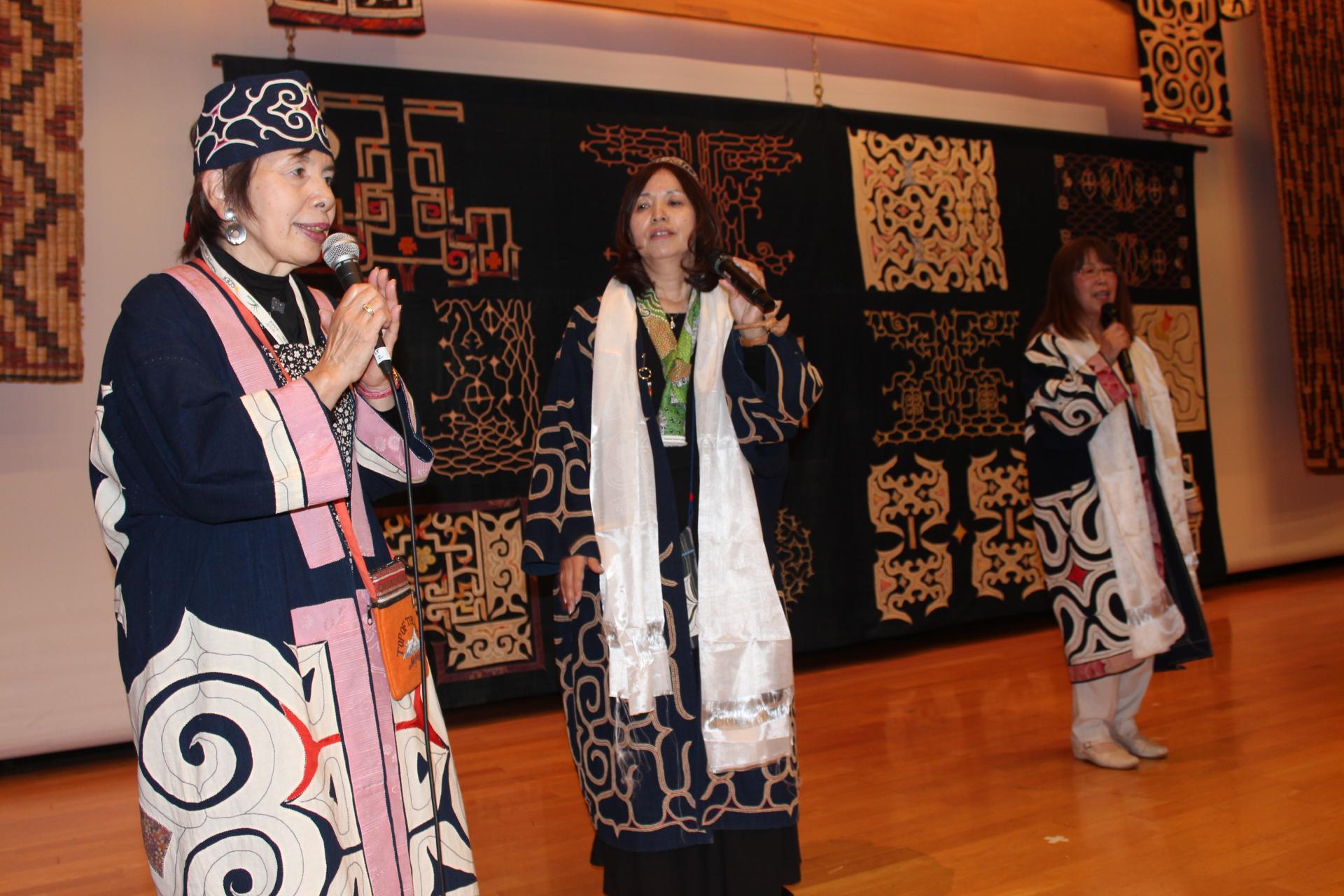
April 2019: The Japanese government passed a bill that recognizes the Ainu as an Indigenous Peoples of Japan for the first time in history. This landmark moment is seen by activists as a first step towards achieving equality. Plans to revive the Ainu language, dances, and music are in progress.
January 2020: The Peruvian government created a 1.1 million hectare reserve for Indigenous Peoples living in isolation or initial contact. The Yavari Tapiche Indigenous Reserve will finally put the autonomy of sovereignty of the Matses, Remo, and Marubo Peoples above the profit of oil companies who have resisted the creation of reserves.
February 2020: Taika Waititi won the Oscar for Best Adapted Screenplay, becoming the first Indigenous person to win an Academy Award. Waititi is of Maori and Jewish descent and won the Oscar for his groundbreaking film, Jojo Rabbit. He dedicated the award to Indigenous children around the world, hoping that his films would question the hate targeted towards minorities everywhere.
July 2020: The United States Supreme Court reaffirmed Muscogee Treaties, confirming that half of Oklahoma is Native land, including Tulsa which is in the Creek Nation. The case was brought to the Supreme Court by a sexual assault defendant, who argued that his case should be handled by the Federal Courts instead of the State given that the crime was committed on Indigenous treaty land. The decision means that minor criminal cases involving a native American will now be handled by Tribal Courts, and major cases will be handled by the Federal Courts.
November 2020: In a historic Supreme Court decision, the Naso Tjër Di people of Panama secured land rights to over 395,000 acres of ancestral land. They had been fighting for legal protection of this land for 50 years, and have now assured a new autonomous Indigenous province in northwestern Panama. The ruling opened the legal framework to grant Indigenous land titles on nationally protected land, as well as making progress in incorporating international human rights law.
November 2020: After 24 years in parliament, Nanaia Mahuta was appointed as New Zealand’s first female foreign minister. She is the second Māori person in the role. In 2016, she became the first woman to display a moko kauae (sacred facial tattoo) in parliament. Mahuta plans to use her diplomacy skills, as well as Māori values like manaakitanga (looking after people) and kaitiakitanga (guardianship of the environment), to represent New Zealand on the global stage.
December 2020: The United Nations has declared 2022-2032 to be the Decade of Indigenous Languages. It will prioritize the empowerment of Indigenous language users and place Indigenous Peoples at the center of all planning, as based on the foundational principle of “nothing for us without us.”
March 2021: After being confirmed as Interior Secretary by the House and Senate in the spring, Deb Haaland (Laguna Pueblo) became the first Indigenous Cabinet Minister in United States history. Haaland is from New Mexico and was one of the first Native American women elected to Congress in 2018. As Interior Secretary, she will oversee 500 million acres of public land, as well as the Bureau of Indian Affairs.
March 2021: The University of British Columbia began to offer Canada’s first bachelor’s degree in Indigenous language fluency. The degree— taught in Nsyilxcn, which is spoken by members of the Syilx Okanagan Nation— was the first of many to come. The program works closely with the community and promotes new, fluent speakers with a deep understanding of the language and culture.
April 2021: A bill was passed in North Dakota that requires all schools to teach Native American history, culture, and treaty rights. The bill was written by Rep. Ruth Buffalo (Hidatsa/Mandan and Chiricahua Apache) and was supported by educators, scholars, students, and elders who ensured that future generations learn and build better futures.
June 2021: The ownership of the Australian town of Jaribu was returned to Indigenous Mirarr Peoples after the mine that it was built to serve closed. The Mirarr Land Trust intends to transform the town from a diminishing mining town to a gateway to its neighboring Kakadu National Park, a hub for environmental protection and tourism.
June 2021: The Keystone XL pipeline, which would have stretched from Alberta, Canada to the United States Gulf Coast, has been officially canceled more than a decade after its planning began. The pipeline would have not only been a threat to the Ogallala Aquifer water source but also would have damaged Indigenous burial and archaeological sites. Many Indigenous protesters, advocating for Indigenous and environmental rights, were instrumental in the cancellation of the pipeline.
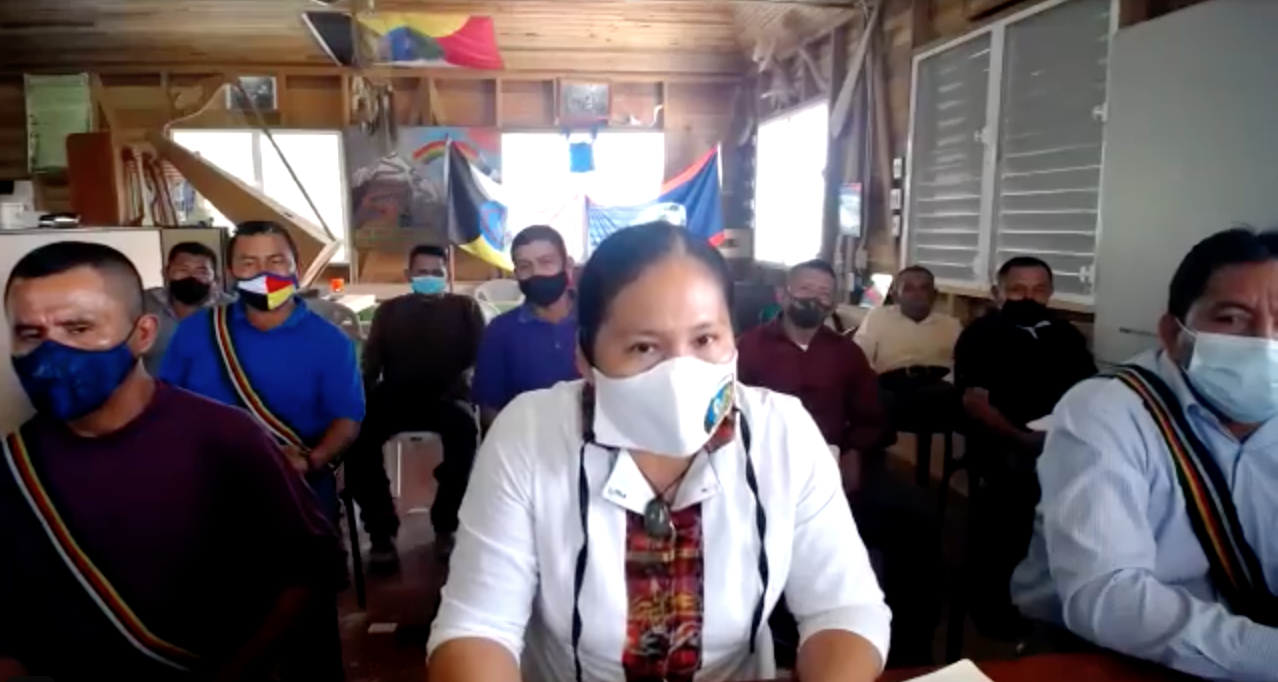
June 2021: In a landmark decision, the Supreme Court of Belize ruled in favor of Maya land rights, upholding the community’s right to their customary lands. The case— Jalacte Village vs. the Attorney General — led to the return of Maya lands that had been taken without consent. The government of Belize further paid compensation of $3.12 million USD.
July 2021: Inuk leader Mary Simon has made history as the first Indigenous person to be named Canada’s governor general. In this position, Simon will summon Parliament and deliver speeches, as well as sign official documents and meet regularly with the prime minister.
July 2021: More than five years after the assassination of Indigenous leader Berta Cáceres (Lenca), David Roberto Castillo— President of the Desarrollos Energéticos (Desa) hydroelectric company— has been found guilty of co-collaborating her murder. Cáceres fought against Castillo’s dam, which would have destroyed the sacred Gualcarque River. Many cases of violence against Indigenous activists in Honduras are never investigated. Advancements in Caceres’ case lead to new hope for those still pending justice.
July 2021: Elisa Loncón, a Mapuche Indigenous Peoples representative, was elected President of Chile’s committee set to draft a new constitution. She won the presidency by an overwhelming majority. Loncón is a strong supporter of restoring land to Indigenous Peoples, and she began her first speech as President of the Convention in her native language of Mapuzungún.
Cultural Survival expresses our gratitude to the Indigenous leaders, activists, elders, and all those worldwide who made these wins possible. We’re honored to continue supporting the rights of Indigenous Peoples for decades to come.
Top photo: Ogiek women from Nessuit, Nakuru, Kenya. Photo courtesy of Minority Rights Group.
